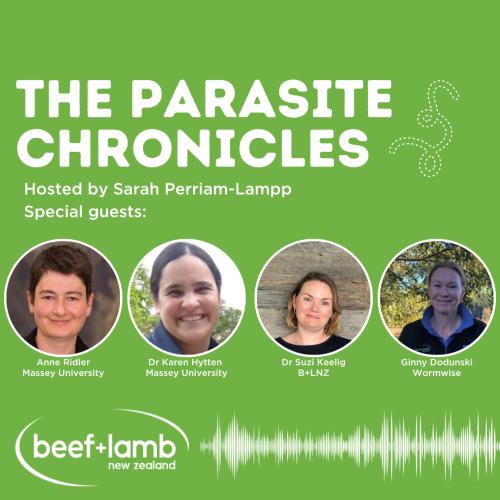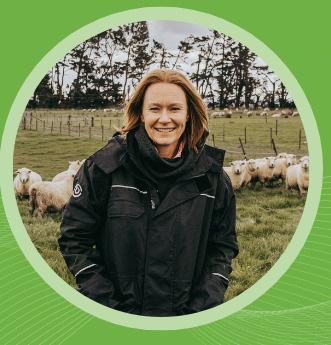Search results
Displaying 401 - 410 results of 1106
- PagePasture, supplementary feed and water can be contaminated with pests and diseases (including weeds) and introduce these onto your …
- Factsheet… warming 2050 want government start report annual warming annual emissions using gwp new zealand …
- Industry data… which 34 per cent from previous season annual average farmgate mutton price estimated … currently considered neutral rate chinas 68 annual gdp growth 2018 equal previous march … new zealand 37 36 37 31 27 28 economic growth annual average change march year note euro …
- Industry data… which 34 per cent from previous season annual average farmgate mutton price estimated … currently considered neutral rate chinas 68 annual gdp growth 2018 equal previous march … new zealand 37 36 37 31 27 28 economic growth annual average change march year note euro …
- Podcast(This podcast was first published on 3 July 2023 and has since been slightly edited to include the panel discussion). Recorded on a December 2022 webinar, Suzi Keeling, Sector Science Strategy …

- Learning moduleThis module will help you: understand what to aim for in each step of the breeding stock selection and purchasing cycle consider the right things in choosing replacements find the breeders who are …
- Factsheet… virtual discussion group virtual woolshed meeting use tools like skype zoom have …
- Factsheet… new zealand soils low plantavailable biggest annual transfer from grazed pasture from … production olsen 15 depending soil type lower annual rainfall hill areas less than 800 … production records possible establish annual trends soil olsen levels determine …
- PodcastIn the fifth of Beef + Lamb New Zealand's 'Parasite Chronicles' podcasts, Sarah Perriam-Lampp talks with Ginny Dodunski, Beef + Lamb New Zealand Wormwise Programme Manager about parasites and drench …

- NewsAnna Boyd, Beef + Lamb New Zealand Genetic Operations Specialist - Beef, says a total of 405 Hereford and Angus cows were Artificially Inseminated (AI) last December using genetics from six Angus, …
